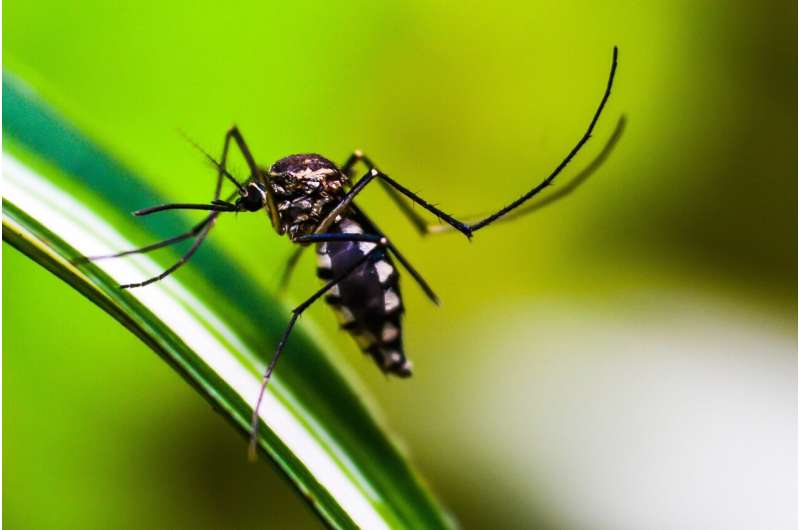Novartis Gains Approval for First Infant Malaria Treatment, Promising Hope for Vulnerable Babies

Novartis has received approval for the first malaria treatment designed specifically for newborns and infants, offering new hope in the global fight against malaria, especially in African countries with high mortality rates.
In a significant breakthrough in malaria treatment, Swiss pharmaceutical company Novartis has received approval from Swiss health regulators for the first medication specifically designed for newborns and young infants suffering from malaria. Collaborating with the Medicines for Malaria Venture (MMV), Novartis developed an age-appropriate version of its well-known Coartem (Riamet) therapy, intended for babies weighing between two to five kilograms (roughly 4.4 to 11 pounds). Until now, there were no approved treatments tailored for infants weighing less than 4.5 kilograms, leaving a vulnerable population at risk.
Malaria remains a devastating disease worldwide, particularly in Africa where the continent accounted for 95% of the 597,000 global deaths from malaria in 2023, as reported by the World Health Organization. Children under five years old suffered the majority, with over 76%, or more than 432,000 deaths. The new treatment aims to fill this critical gap by providing an approved, safe, and effective option for this high-risk group.
The approval process involved eight of the hardest-hit African countries—Burkina Faso, Ivory Coast, Kenya, Malawi, Mozambique, Nigeria, Tanzania, and Uganda—which are now expected to quickly adopt and distribute the new medication under a program designed to enhance access for low- and middle-income countries. Novartis has committed to providing the treatment on a largely not-for-profit basis to improve healthcare access in malaria-endemic regions.
This development comes at a crucial time, as the fight against malaria faces funding challenges. Despite the progress, global funding levels are threatened by political decisions, notably those linked to US foreign aid policies, which previously financed approximately 40% of malaria control efforts worldwide. The World Health Organization estimates that 263 million people still suffered from malaria in 2023, underscoring the urgent need for innovative and accessible treatments.
The approval of this infant-specific therapy marks a hopeful step forward in reducing childhood mortality from malaria and represents a vital addition to global health initiatives aimed at combating this preventable and treatable disease.
[Source: https://medicalxpress.com/news/2025-07-infant-malaria-treatment-novartis.html]
Stay Updated with Mia's Feed
Get the latest health & wellness insights delivered straight to your inbox.
Related Articles
Social, Cultural, and Economic Factors Influence Risk of Receiving Unsafe Medication
A national study reveals that social, cultural, and economic disparities significantly increase the risk of receiving unsafe or inappropriate medication, highlighting the need for targeted healthcare interventions.
Innovative Ultrasound Technique Enables Real-Time Brain Blood Flow Monitoring During Surgery
A new ultrasound method enables neurosurgeons to monitor brain blood flow live during surgery, reducing stroke risk and improving surgical safety with real-time blood perfusion imaging.
Advancements in Predicting Cognitive Abilities Through Multimodal Brain Imaging
Recent research demonstrates that combining multiple MRI modalities enhances the prediction and reliability of cognitive abilities, offering promising insights into brain health and individual differences.



